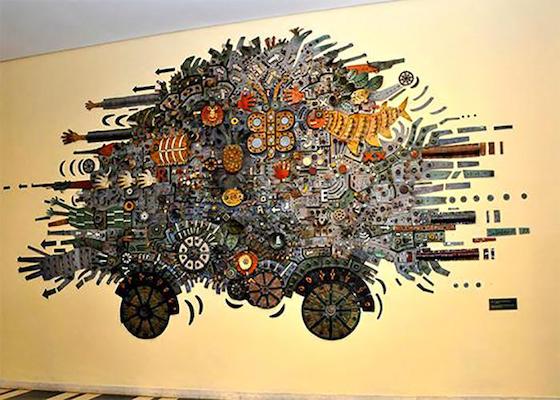30 July 2020 — MRonline
Originally published: Granma English by Karima Oliva Bello (July 23, 2020)
Just recently, the 59th anniversary of Fidel’s quintessential words to Cuban intellectuals was commemorated. One passage in the speech is particularly noteworthy. Fidel said, and I quote:
The Revolution… must act in such a way that the entire gamut of artists and intellectuals who are not genuinely revolutionary, find that within the Revolution they have an arena in which to work and to create; and that their creative spirit, even if they are not revolutionary writers or artists, has the opportunity and freedom to be expressed. That is, within the Revolution.




 During the past few months, dozens of Egypt’s Muslim Brotherhood (MB) members have been murdered and their offices sacked and burned. The police openly refuse to protect them. Rather than ordering the opposition to drop their demand that Egypt’s first democratically elected president, Mohammed Morsi, resign, and negotiate reasonably with his government, the army gave him a Hobson’s Choice: resign or be ousted.
During the past few months, dozens of Egypt’s Muslim Brotherhood (MB) members have been murdered and their offices sacked and burned. The police openly refuse to protect them. Rather than ordering the opposition to drop their demand that Egypt’s first democratically elected president, Mohammed Morsi, resign, and negotiate reasonably with his government, the army gave him a Hobson’s Choice: resign or be ousted.